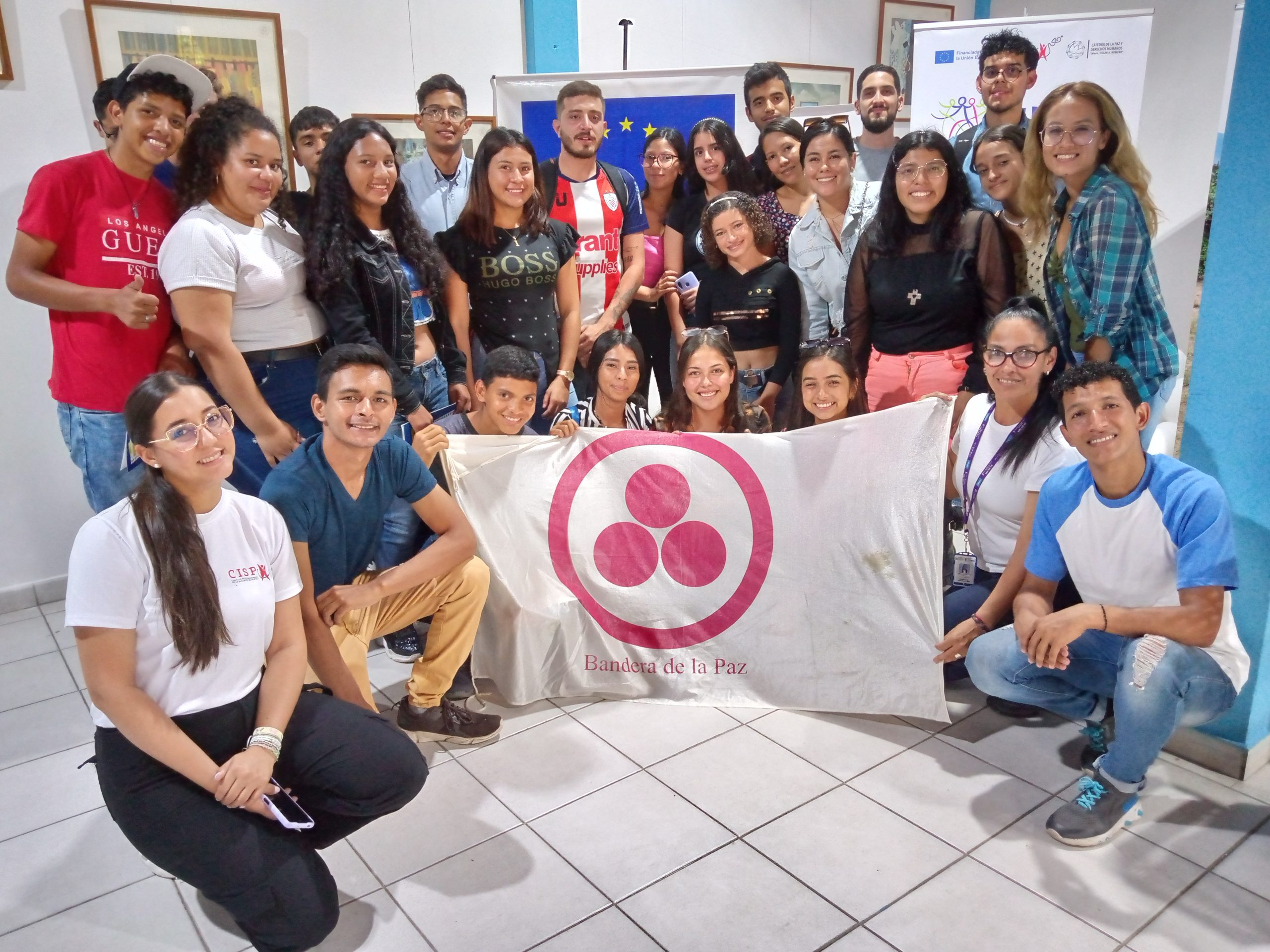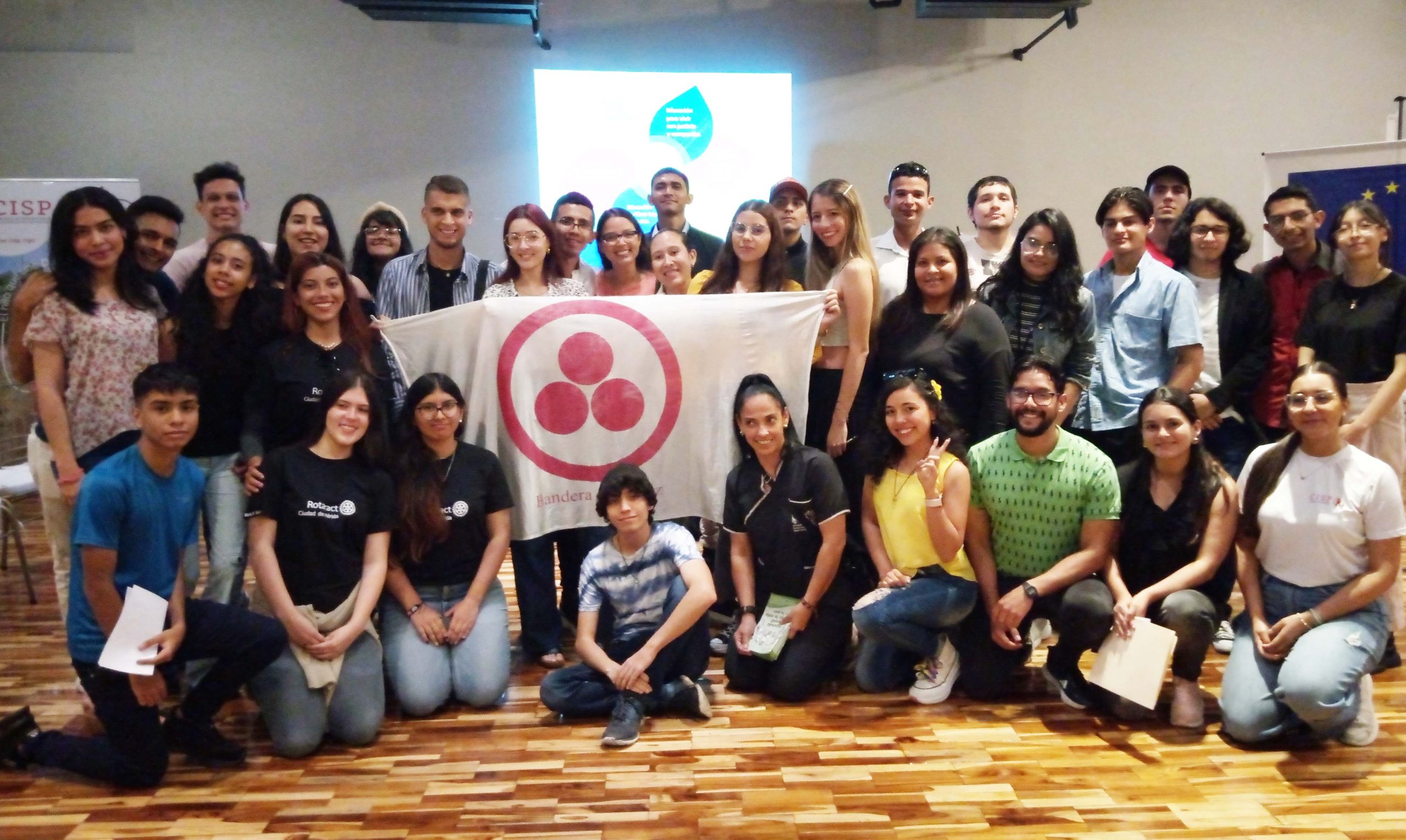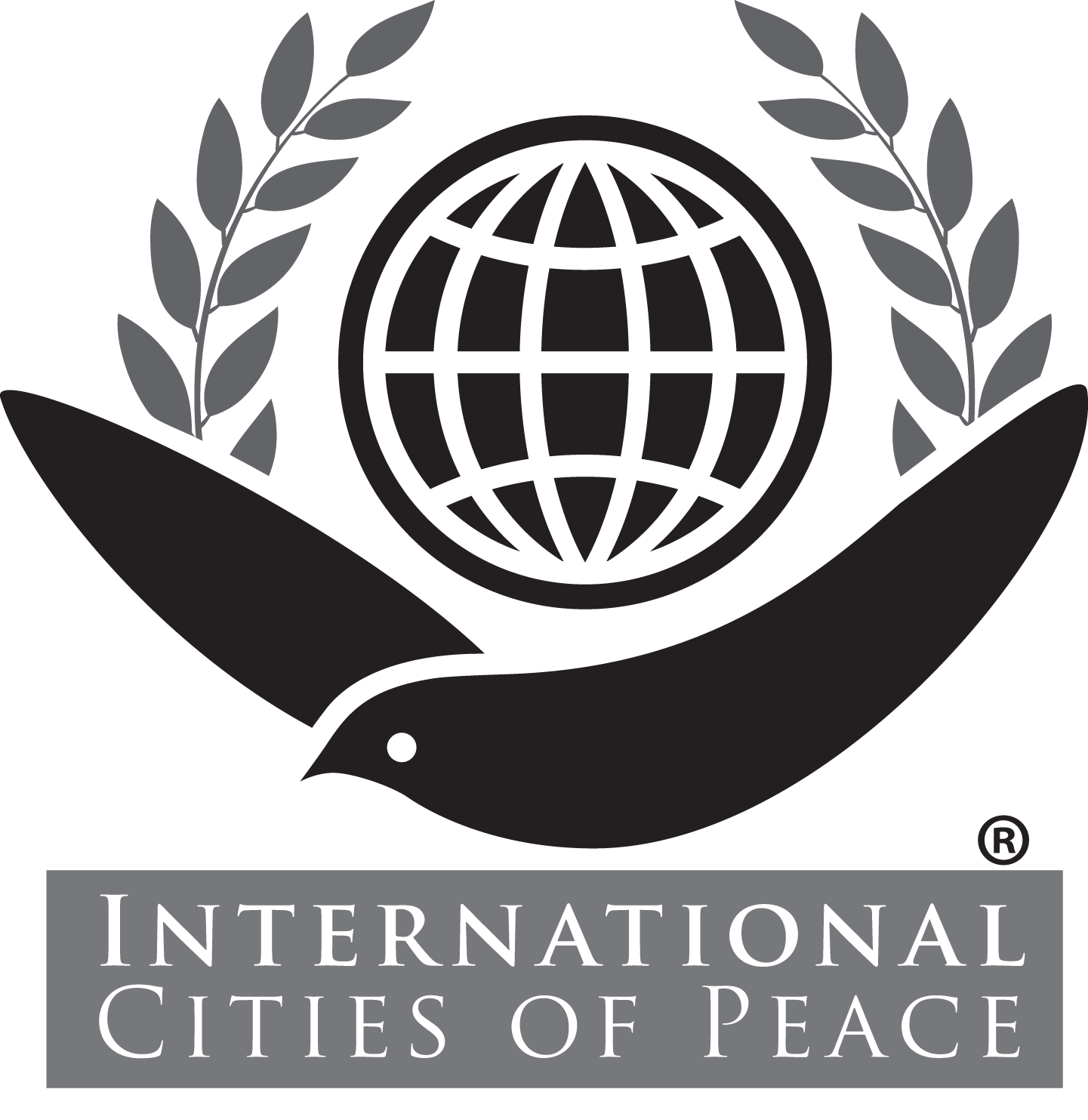The 389th International City of Peace: Merida, Venezuela!
The citizens and leaders of the city of Mérida, Venezuela, a city of more than 200,000 residents and displaced peoples, have chosen a proposal for unity to focus on the safety, prosperity and quality of life of all in their community — the consensus values of peace in the world in the spirit of the Chair of the Culture of Peace and Human Rights, Mons. Oscar A. Romero of the University of the Andes. The main Liaison, or leader for two-way communication between Mérida City of Peace and the association of International Cities of Peace, is Mr. Walter José Trejo Urquiola. He has been decorated with the José Félix Rivas Order at the national level and with the Meritorious Citizen Recognition of the Libertador Municipality of the Merida State (year 1999, 2006) and received the Cross of Honor for Merit of the State of Mérida (2014, 2017), among other recognitions. He is also Chair of the Culutre of Peace and Human Rights at the University of the Andes and supported by various social organizations. Mérida’s introduction to the International Network of Cities of Peace was facilitated by Ms. Inés Palomeque from Mil Milenios de Paz (Argentina) and ICPamerica. We welcome these leaders and the citizens of Mérida: International City of Peace.
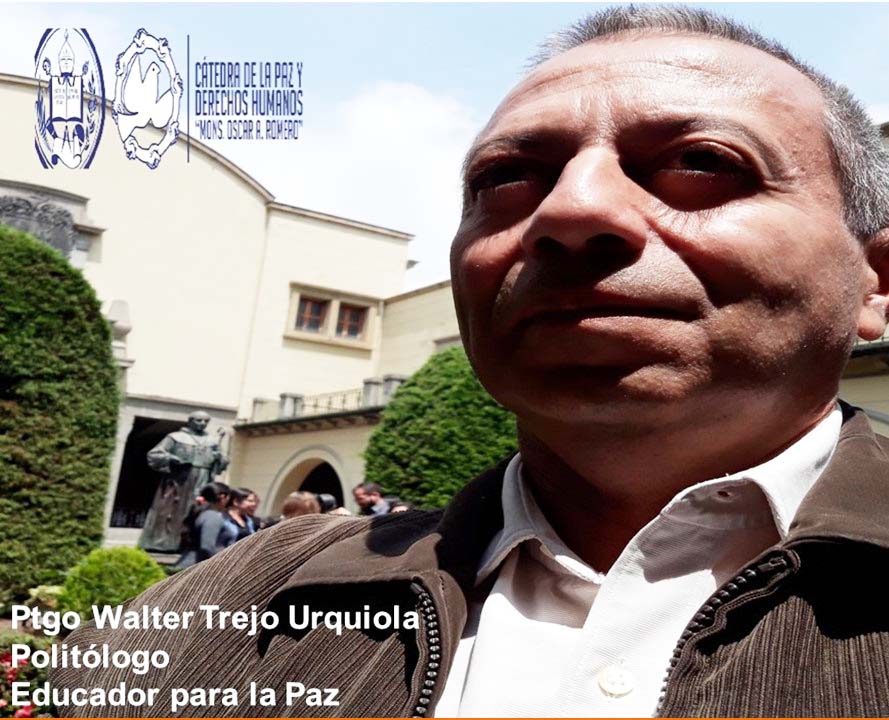
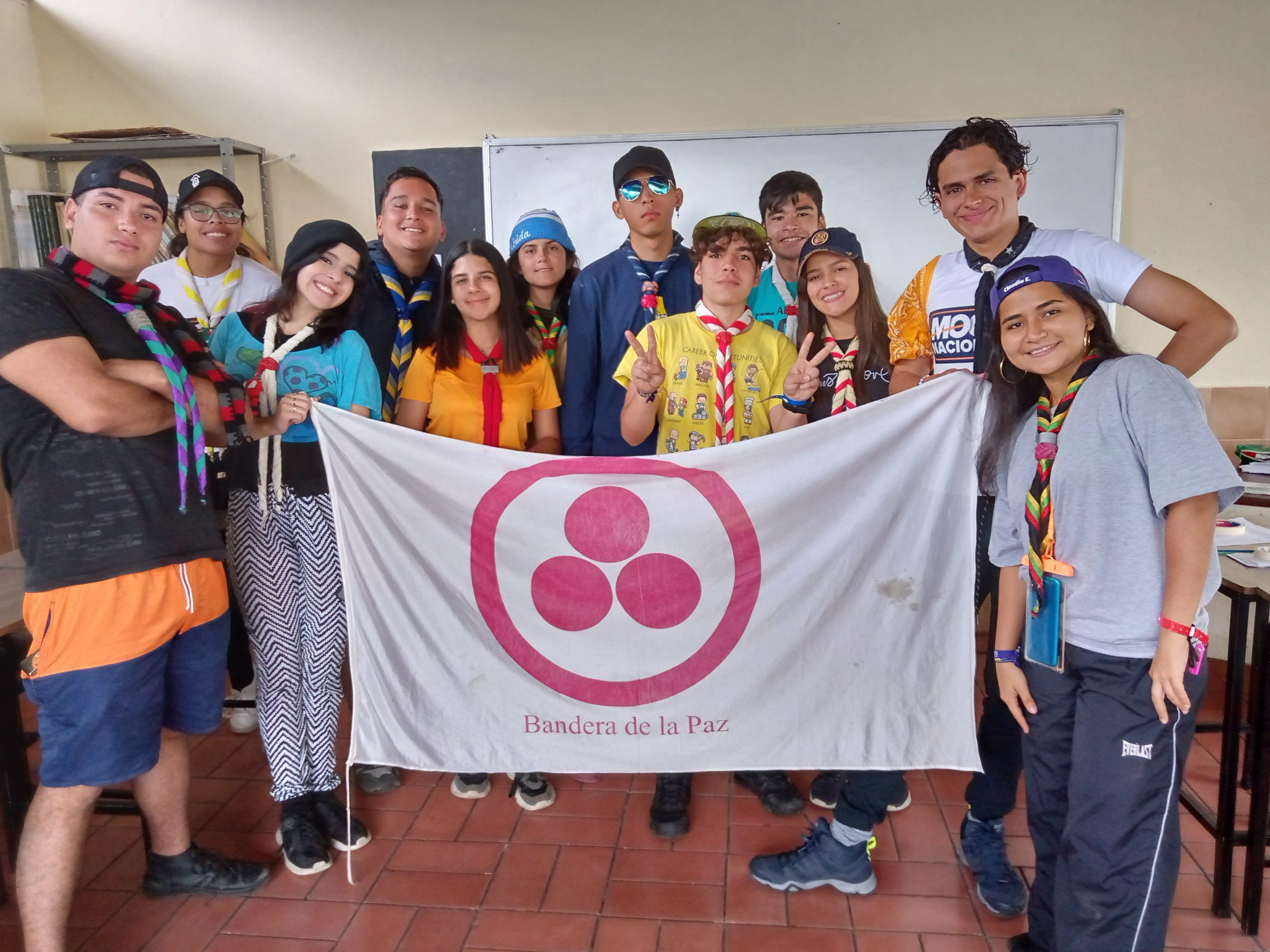
ABOUT MERIDA, VENEZUELA (FROM WIKIPEDIA)
Mérida, officially called Santiago de los Caballeros de Mérida,6 is the capital of the Libertador Municipality and of the Mérida State, it is one of the main towns in the Venezuelan Andes. It is located on a plateau in the middle of the region, between the mountain ranges of La Culata and Nevada, the homonymous national parks, this geographical condition positions it as an important tourist center. Likewise, the prestige of its main university, the Universidad de Los Andes, and the vast variety of educational institutes have positioned it at the national level as the student capital of the western part of the country.
FROM THE COMMUNITY STATEMENT:
GENERAL STATEMENT The DECLARATION OF MERIDA is part of the national and international situations, found in a Context of General Action marked by the Complex Humanitarian Emergency in Venezuela that prevail without being resolved and that have worsened since the COVID19 pandemic in 2020.
One of the priorities identified in these Complex Humanitarian Emergency situations is to protect and improve people’s mental health and psychosocial well-being; strengthen their inner peace and their resilience capacities in the face of scenarios of adversity and complexity that threaten the right to life and peace.
Currently, we find a great void and the absence of a multi-sectoral and inter-institutional framework that enables effective coordination, determines useful practices and potentially detects practices; as well as clarifying how the different approaches to mental health and psychosocial support complement each other.
Cátedra de la Paz wants to focus on the accompaniment and strengthening of Civil Society in Culture of Peace and Human Rights from the perspectives of Resilience and Psycho-affective to have a social fabric capable of protecting children and adolescents from the ravages of this Complex Humanitarian Emergency, We intend to reflect the knowledge acquired by professionals from different geographical regions, disciplines and sectors, reflecting the emerging consensus to generate capacities in people within the framework of the new worldview of the Culture of Peace that we began in 2013, with the National Diploma in Peace culture.
The basic idea is that, in the stage of an emergency, it is essential to provide social and community support to protect and support people’s mental health and psychosocial well-being; especially of boys, girls, adolescents and young people.
Similarly, insert women and older adults in this protection. In addition, to initiate some psychological and social interventions against certain social problems with citizen participation that unites us in the work undertaken from the Chair of Peace. The expression mental health and psychosocial support is used to describe all types of local or external support whose purpose is to protect or promote psychosocial well-being and/or prevent or offer alternative solutions by strengthening people’s capacities to consolidate their inner peace. Within the context of the Complex Humanitarian Emergency, we will understand it according to the activist Jo’Elías (Civilis DDHH. Caracas. 2017) by the following characteristics, which are:
- Multiple threats to life, It is essentially a political phenomenon.
- Erosion of the rule of law,
- Massive violation of Human Rights,
- Human mobility,
- State failed and absent,
- Restriction of Humanitarian Action,
- Development of a profitable conflict economy, weakening of civil society, among others.
One of the challenges we have is in a first human and urgent scenario; The citizens of Venezuela suffer from the increase in violence at the national level, with serious failures in the health and education system, evidenced in the increase in malnutrition and mortality rate, the deficit of attention in hospitals, the dropping out of schools and numerous difficulties for the access and care of the population in the country’s public services.
The scarcity and/or deficiencies of food and of resources to acquire it by many families, increases the social risk of millions of Venezuelans, with special emphasis on the youngest.
A second challenge is; A Social State of Law dismantled at all levels, unable to guarantee the enjoyment and protection of Human Rights and Constitutional Guarantees within the framework of the International Treaties of Human Rights Law with a breakdown of Democracy that has weakened Society Civil and Citizenship to interact as Builders of Peace neither individually nor organizationally as true social actors.
In this context, joining the International Cities of Peace Network can nourish us as a city in experiences, knowledge, methodologies, good practices, among others. Mèrida deserves to be part of the International Cities of Peace Network. Merida, August 25, 2023.
